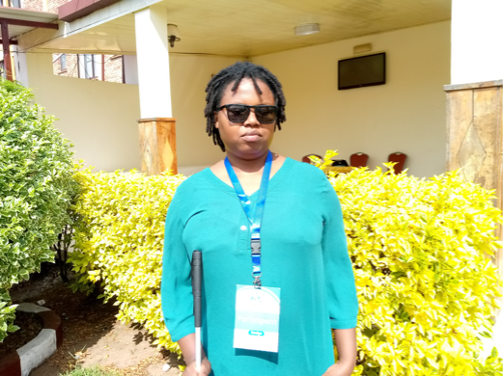
News
‘We Live in Our Own World’
Play audio version
Rwanda’s DeafBlind Community Advocates for Inclusive Education and Healthcare
November 9, 2023
In Rwanda, as in many countries, individuals with disabilities, particularly those in the DeafBlind community, face significant challenges in accessing healthcare and education due to communication barriers. These barriers not only impact their educational and employment opportunities but also their ability to navigate the healthcare system. Without inclusive healthcare and educational systems, Rwandans with DeafBlindness often struggle to receive the support they need.
One such individual is Naomi Uwizeyimana. “Not all persons know sign languages or tactile sign languages to communicate what you want to say,” she says. “You need a person to help you to communicate everywhere you go and to get every service you want, which cannot always be possible.”
According to World Federation of the Deafblind, individuals with DeafBlindness make up a relatively small percentage of the global population, ranging from 0.2 to 2 percent. Due to their relatively small numbers and a common lack of understanding about their disability, people with DeafBlindness face challenges in accessing the necessary support systems. As a result, they are more likely to experience unemployment and live in poverty.
People who are DeafBlind have a combination of vision and hearing loss but are not necessarily completely blind or Deaf. They use various forms of communication, including spoken language and sign language interpretation (SLI). Uwizeyimana relies on tactile sign language, a practice that feels words through the hands – and a form of communication relatively unknown to those outside the DeafBlind community.
According to Top African News, most curricula in Rwanda use spoken or sign language as the primary means of communication in classrooms. Additionally, these educational systems rely heavily on written or sight-based materials, which often prove inaccessible to the DeafBlind community. “It seems like we have no right on technology because there are no assistive devices that can benefit persons with DeafBlindness,” says Uwizeyimana, referring to the lack of adaptive learning resources like Braille books, tactile graphics, and other materials.
Mathilde Mukandinda, a mother of three children who are DeafBlind due to a genetic condition, has experienced considerable difficulty in finding educational resources for her sons and daughter. Her children, born Deaf, initially attended primary schools for the Deaf but later developed low vision, leading to blindness. As they progressed to high school, she faced challenges in securing academic resources to support her children’s continued education. “I and their father are in charge of everything for them to live,” says Mukandinda. “We assist them everywhere that we cannot do anything like business.”
Joseph Musabyimana, executive director of the Rwanda Organization of Persons with Deaf-Blindness (ROPDB), underscores the absence of inclusive schools in Rwanda for individuals with DeafBlindness. While there are provisions for those who are Deaf with low vision and those who are blind and hard of hearing, there is no tailored education system for those with total DeafBlindness.
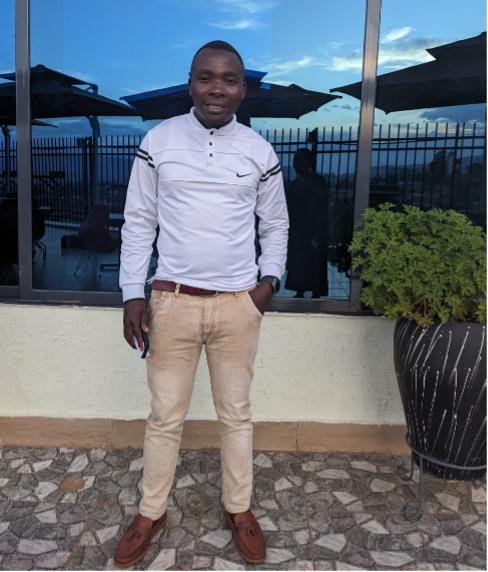
“We have identified about 200 persons with this disability in five districts,” says Musabyimana, “but no curriculum or any education system … [for persons with DeafBlindness] who are willing to go to schools, as we are not recognized as another type of disability in the education system.”
Musabyimana further explains that DeafBlind Rwandans not only encounter barriers in accessing education but also in obtaining healthcare. Medical practitioners in Rwanda are rarely proficient in tactile sign language, making it challenging for DeafBlind patients to articulate their symptoms or comprehend their diagnoses and treatment plans.
According to Musabyimana, individuals with DeafBlindness often require a translator to communicate with healthcare providers, which can infringe on their privacy. Feeling uncomfortable disclosing personal information with a third party present, DeafBlind individuals may be misdiagnosed or reluctant to share critical concerns.
Another complication arises from within DeafBlind individuals’ own families. Musabyimana reports that some DeafBlind individuals experience neglect within their households. “Remember that their families might be poor, and to care for persons [with DeafBlindness] they sometimes need to leave them alone at home,” he says, “which causes additional health issues, mental or physical; hence [they can develop] a new type of disability.”
Naomi Uwizeyimana, Mathilde Mukandinda, and Joseph Musabyimana share a common vision for improving accessibility for individuals with DeafBlindness. They advocate for the integration of assistive technology in classrooms and the inclusion of tactile sign language within Rwanda’s education and healthcare systems. As Uwizeyimana succinctly puts it, “We live in our own world,” and their shared mission is to bridge the gaps and support the DeafBlind community to fully participate in society, breaking down one barrier at a time.
Francine Uwayisaba is a contributing writer with the Disability Justice Project and a field officer at Rwanda Union of Little People (RULP). At RULP, she is in charge of the organization’s communications. She writes grants, manages RULP’s social media, and composes articles and weekly updates for the website. @2023 DJP. All rights reserved.
Editing and research assistance by Jody Santos and Maureen Lynch
News From the Global Frontlines of Disability Justice
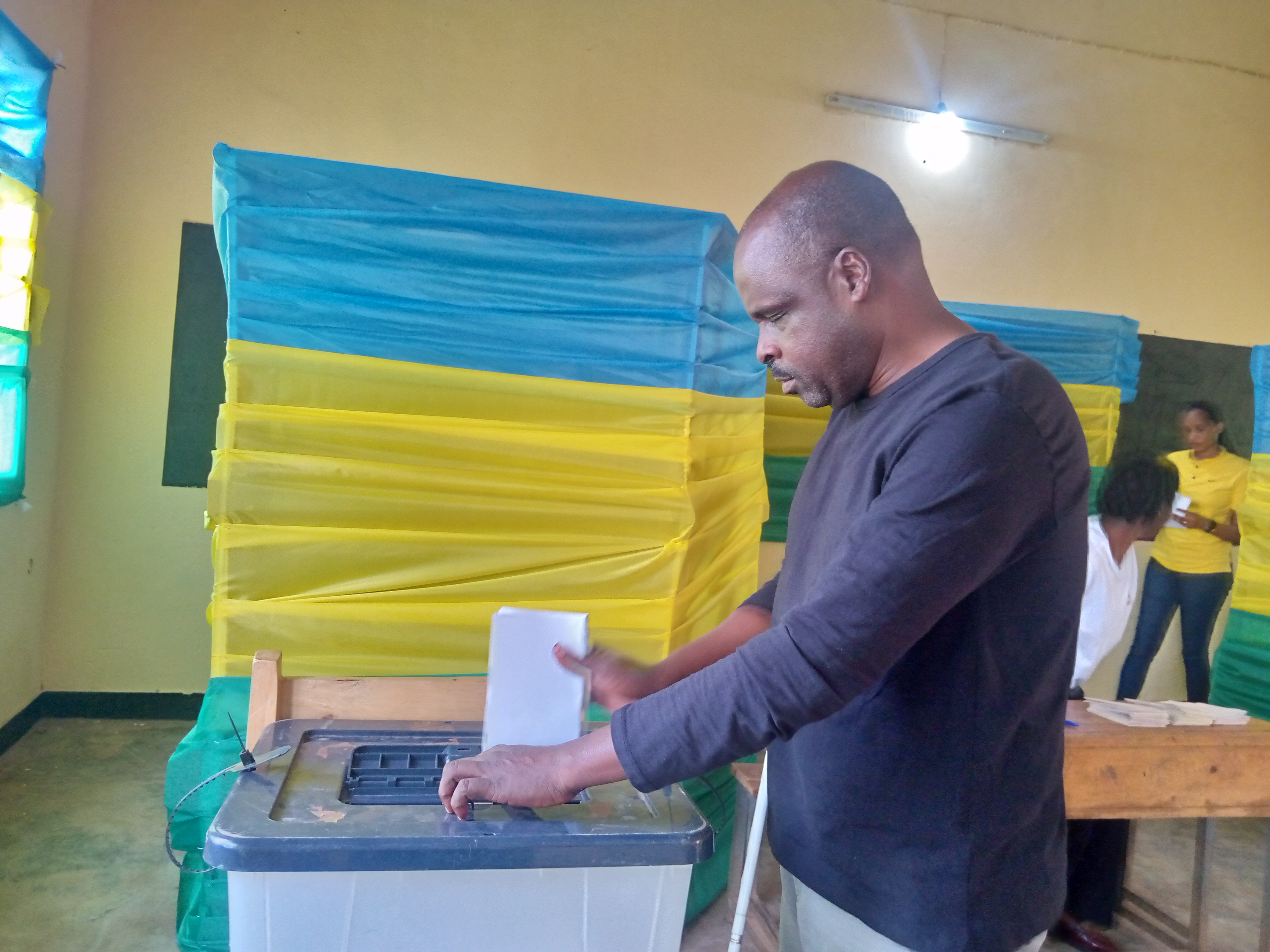
Advancing Democracy
Rwanda has made significant progress in making its elections more accessible, highlighted by the July 15 general elections where notable accommodations were provided. This was a major step forward in disabled Rwandans’ quest for equal rights and participation. “You cannot imagine how happy I am, for I have voted by myself and privately as others do accessibly,” says Jean Marie Vianney Mukeshimana, who used a Braille voting slate for the first time. “Voting is a deeply emotional and meaningful experience for a person with any disability in Rwanda, reflecting a blend of pride, empowerment, and hope.”
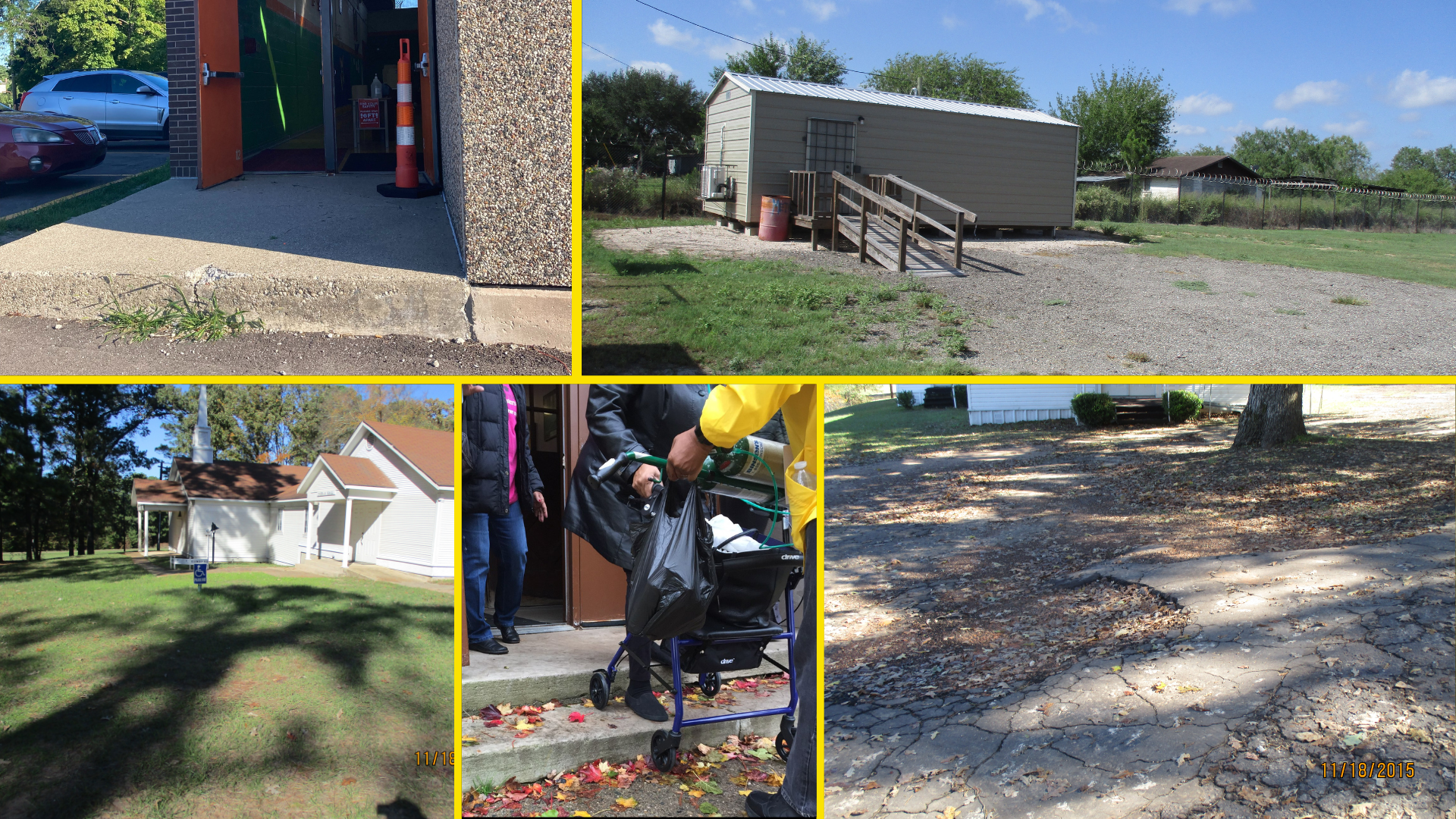
Barriers to the Ballot
Despite legislation like the Americans with Disabilities Act, barriers at the polls still hinder — and often prevent — people with disabilities from voting. New restrictive laws in some states, such as criminalizing assistance with voting, exacerbate these issues. Advocacy groups continue to fight for improved accessibility and increased voter turnout among disabled individuals, emphasizing the need for multiple voting options to accommodate diverse needs. ““Of course, we want to vote,” says Claire Stanley with the American Council of the Blind, “but if you can’t, you can’t.”
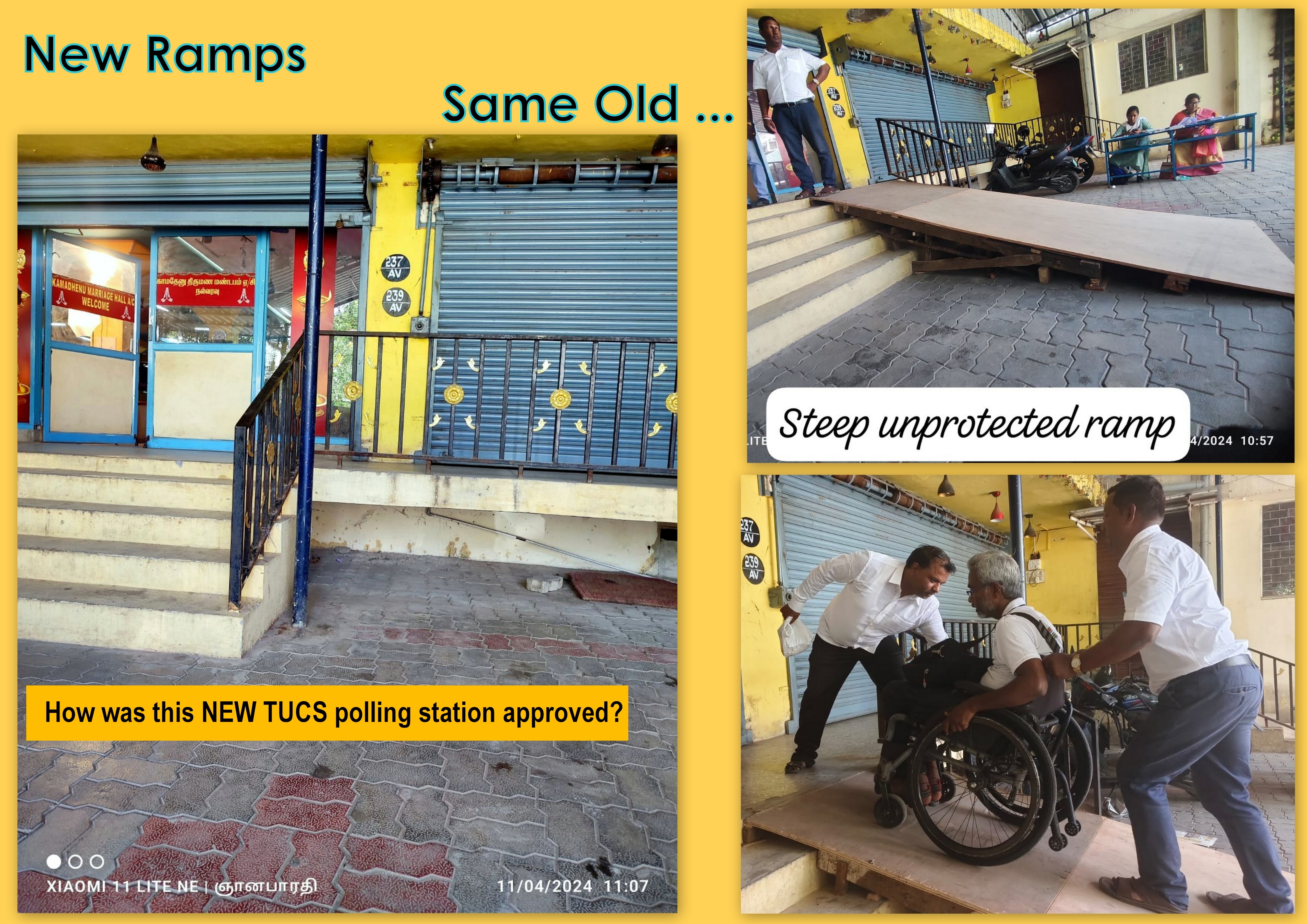
Democracy Denied
In 2024, a record number of voters worldwide will head to the polls, but many disabled individuals still face significant barriers. In India, inaccessible electronic voting machines and polling stations hinder the ability of disabled voters to cast their ballots independently. Despite legal protections and efforts to improve accessibility, systemic issues continue to prevent many from fully participating in the world’s largest democracy. “All across India, the perception of having made a place accessible,” says Vaishnavi Jayakumar of Disability Rights Alliance, “is to put a decent ramp at the entrance and some form of quasi-accessible toilet.”
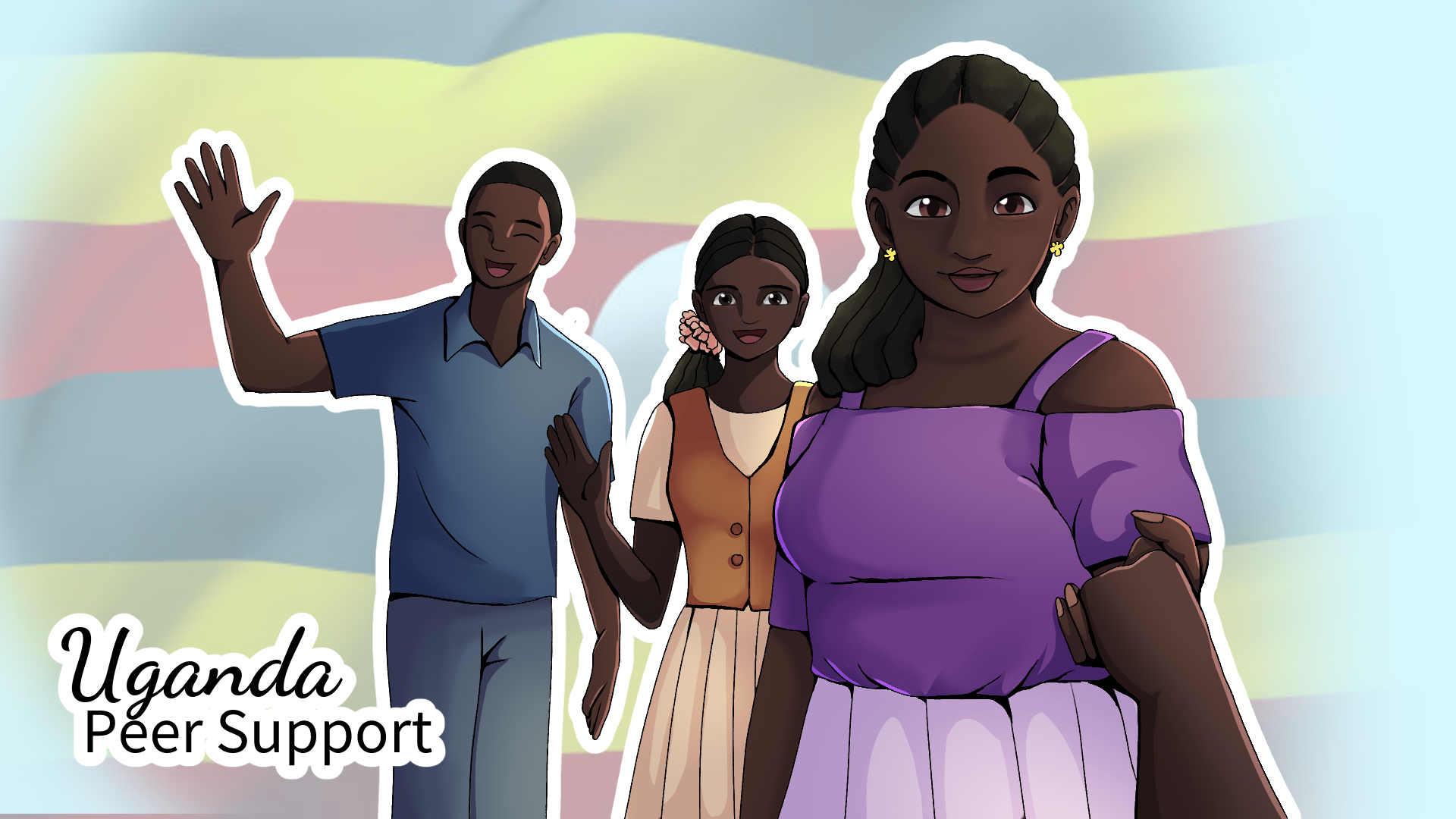
Triumph Over Despair
DJP Fellow Esther Suubi shares her journey of finding purpose in supporting others with psychosocial disabilities. She explores the transformative power of peer support and her evolution to becoming an advocate for mental health. “Whenever I see people back on their feet and thriving, they encourage me to continue supporting others so that I don’t leave anyone behind,” she says. “It is a process that is sometimes challenging, but it also helps me to learn, unlearn, and relearn new ways that I can support someone – and myself.”
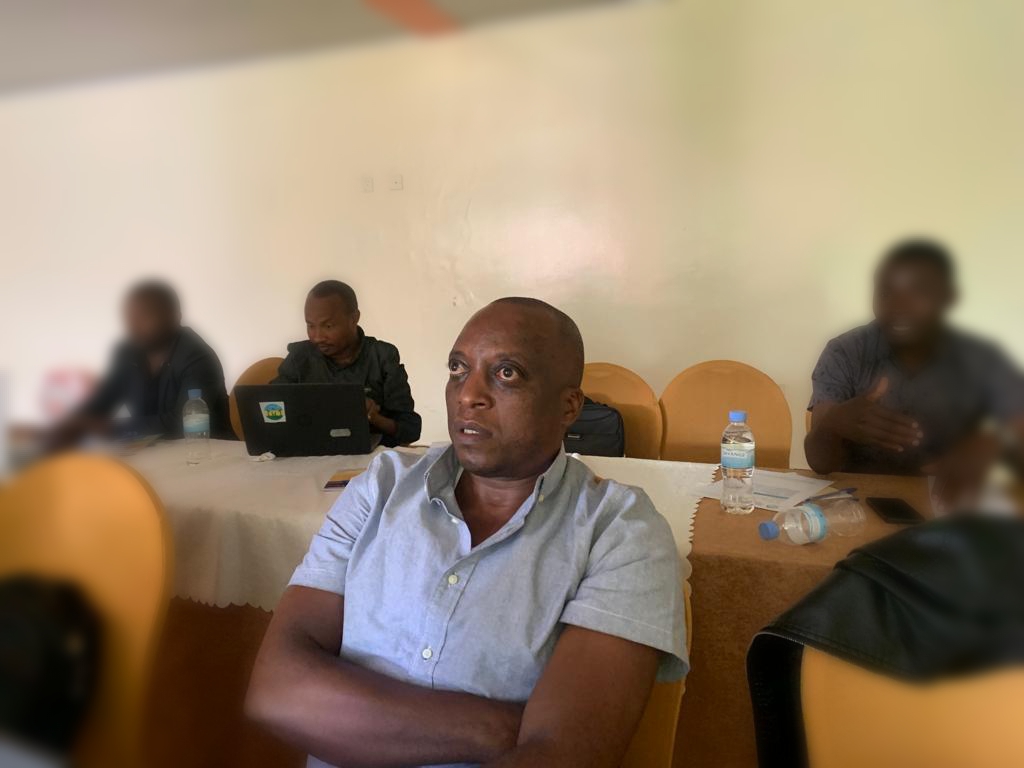
‘Our Vote Matters’
As Rwanda prepares for its presidential elections, voices like Daniel Mushimiyimana’s have a powerful message: every vote counts, including those of citizens with disabilities. Despite legal frameworks like the UN Convention on the Rights of Persons with Disabilities, challenges persist in translating these into practical, accessible voting experiences for over 446,453 Rwandans with disabilities. To cast a vote, blind people need to take a sighted relative to read the ballot. An electoral committee member must be present, violating the blind person’s voting privacy. “We want that to change in these coming elections,” says Mushimiyimana.
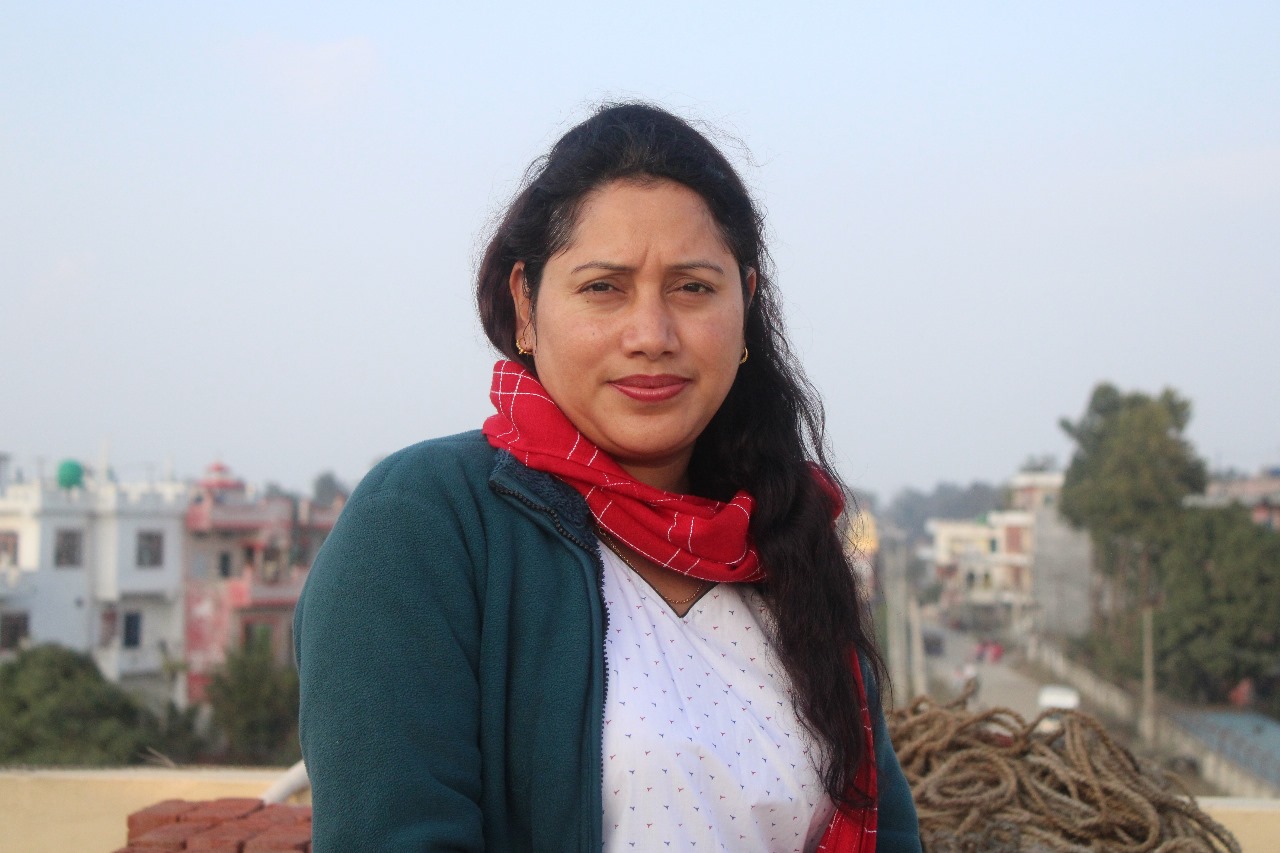
Voices Unsilenced
Often dismissed as a personal concern, mental health is a societal issue, according to Srijana KC, who works as a psychosocial counselor for the Nepali organization KOSHISH. KC’s own history includes a seizure disorder, which resulted in mental health challenges. She faced prejudice in both educational settings and the workplace, which pushed her towards becoming a street vendor to afford her medications. Now with KOSHISH, she coordinates peer support gatherings in different parts of Nepal. “It is crucial to instill hope in society, recognizing that individuals with psychosocial disabilities can significantly contribute,” she says.